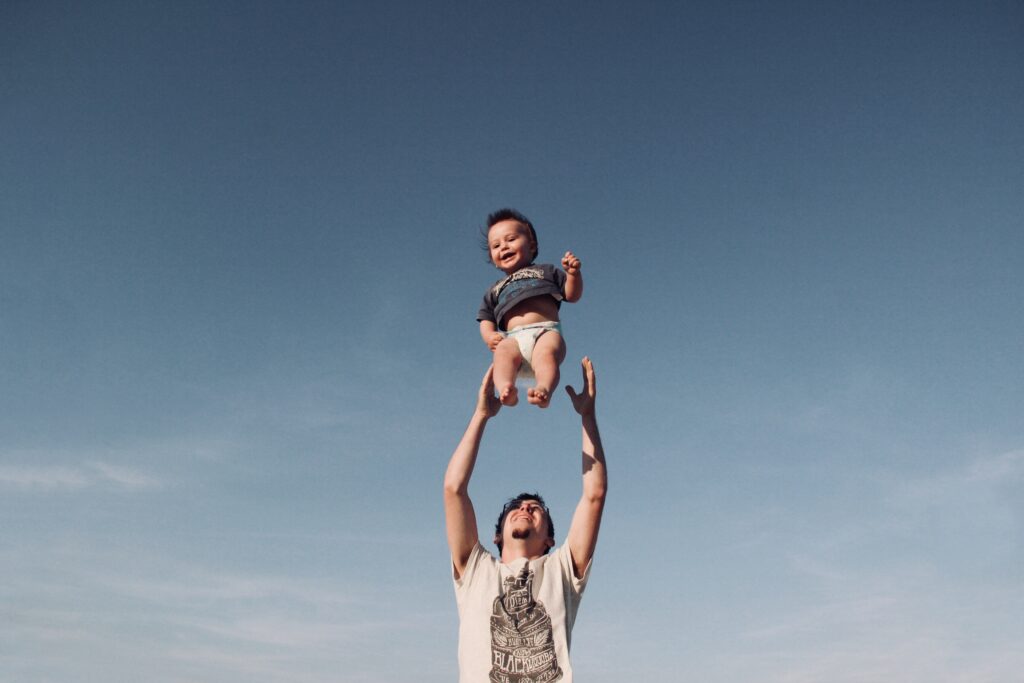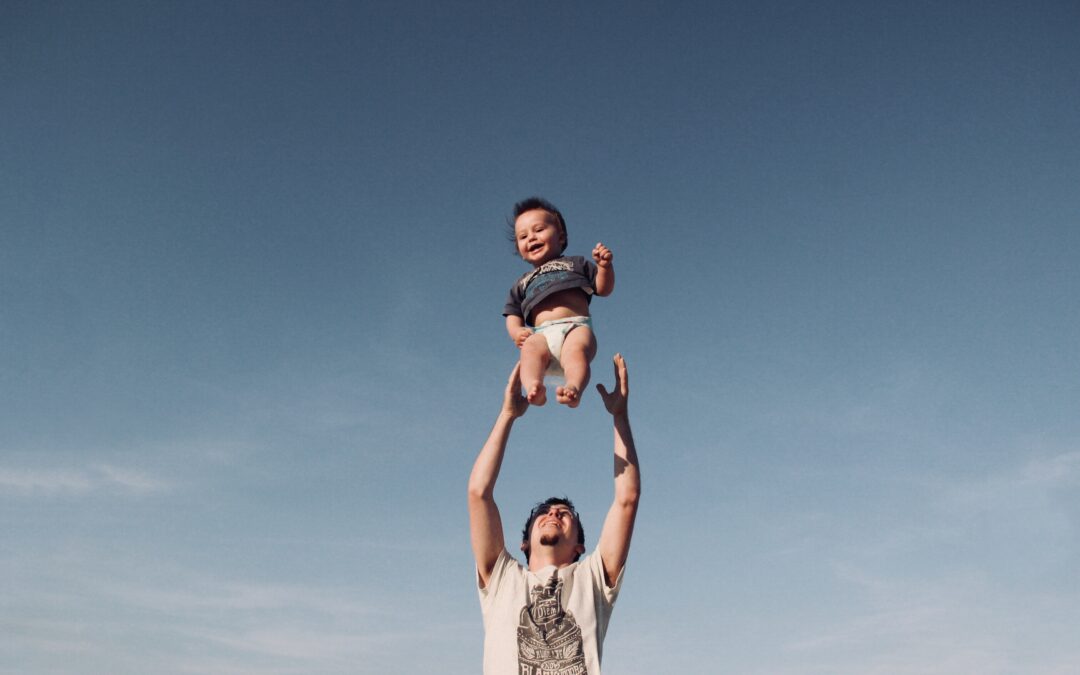As parents, we often find ourselves marveling at the rapid pace at which our children grow and change. Each new day brings with it a new discovery, a new skill, a new milestone. But understanding these milestones and what they signify in our child’s development can sometimes be a complex task. That’s why we’ve created this comprehensive guide. In this blog post, we will delve into the fascinating journey of child development, focusing on the major milestones that your child will reach at different stages. Our goal is to equip you with the knowledge you need to better understand and support your child’s growth and progress. So, let’s embark on this enlightening journey together, celebrating each step of your child’s development and appreciating the unique path of growth they are on.
Understanding Child Development
Child development is a fascinating and complex process that encompasses a child’s growth and change over time. It involves the progression of physical, cognitive, social, and emotional skills and abilities.
Let’s break down these areas:
- Physical development refers to the changes in body size, proportions, and overall physical capacity. This includes everything from the development of fine motor skills, like grasping a spoon, to gross motor skills, like running and jumping.
- Cognitive development involves the mental processes that enable a child to think, learn, reason, and understand the world around them. It includes the development of language, memory, problem-solving skills, and imaginative thinking.
- Social development pertains to how a child interacts with others. It involves learning to form relationships, express emotions, understand social cues, and navigate social situations.
- Emotional development is closely tied to social development and refers to a child’s understanding of their own emotions, as well as their ability to recognize and respond to the emotions of others.
It’s important to note that each child is unique and develops at their own pace. Some children may reach certain milestones earlier than others, and that’s perfectly normal. The key is to understand and respect each child’s individual developmental journey. As parents, our role is to provide a supportive environment that encourages healthy growth and development across all these areas.
The Importance of Developmental Milestones
Developmental milestones are behaviors or physical skills seen in infants and children as they grow and develop. These are important markers that give us a general idea of what changes to expect as a child matures.
Milestones are categorized into four primary areas: physical or motor development, cognitive development, social and emotional development, and communication and language development. They range from a newborn’s reflexes to a toddler’s first steps, from babbling to forming full sentences, and from solitary play to cooperative play.
But why are these milestones so important? They serve as a tool for parents and professionals to gauge a child’s progress compared to typical development patterns. While every child is unique and develops at their own pace, milestones give a general timeline that most children follow.
Monitoring these milestones helps parents and professionals identify if a child’s development is on track. If a child is consistently missing milestones or showing signs of delay, it could indicate a potential issue. Early identification of developmental delays or disorders can lead to early intervention, which can significantly improve a child’s long-term outcomes.
Remember, milestones are not a test that your child must pass, but a guide to support their unique journey of growth and development.

Major Milestones in the First Year
The first year of a child’s life is a time of rapid growth and development, with numerous significant milestones to look forward to.
Physical Milestones:
In the realm of physical development, your baby will make remarkable progress. Initially, they’ll gain control over their neck muscles, enabling them to hold their head up independently. Around the 6-month mark, most babies start sitting without support. As the year progresses, you’ll see them start to crawl, an exciting precursor to walking. By the end of the first year, many babies are often ready to take their first tentative steps.
Cognitive Milestones:
Cognitive development in the first year is equally fascinating. Early on, babies start to recognize faces, especially those of their primary caregivers. They begin to explore the world around them, using their senses to learn. Babbling starts to emerge as a precursor to language, with babies experimenting with sounds. By the end of the first year, many babies understand simple words like “no” and “bye-bye,” and may even say a few words themselves.
Social and Emotional Milestones:
The first year is also rich in social and emotional development. Early social milestones include smiling responsively, usually around two months, and showing anxiety or distress towards strangers around the 6-month mark, a sign of healthy attachment. As they grow, babies start to express a range of emotions and show affection to familiar people. They begin to understand social cues and often enjoy social play.
Remember, these milestones are averages, so don’t worry if your baby takes a little longer in some areas. Each baby is unique and will develop at their own pace.
Major Milestones from 1-3 Years
The period from 1 to 3 years is a time of significant growth and learning for children. They become more mobile, communicative, and socially aware during this stage.
Physical Milestones:
Physically, toddlers make great strides in their motor skills. They transition from taking their first steps to running, climbing stairs, and even kicking a ball. Fine motor skills also improve during this period. Toddlers start to show interest in drawing and can usually scribble, stack blocks, and start to feed themselves with a spoon.
Cognitive Milestones:
Cognitive development also progresses rapidly during these years. Toddlers begin to follow simple instructions, recognize familiar names, and understand a lot more of what’s being said. Their language skills blossom, and by the age of 3, many are speaking in complete sentences and can carry on a conversation. They also start to develop a basic understanding of concepts like colors, shapes, and numbers.
Social and Emotional Milestones:
Socially and emotionally, toddlers start to show a wider range of emotions and begin to understand the concept of taking turns. They engage in simple games, show affection, and may start to form friendships with peers. Independence becomes a major theme during this stage, with toddlers wanting to do things on their own, often leading to the infamous “terrible twos” phase.
Remember, these milestones are not set in stone but serve as a general guide. Each child is unique and will reach these milestones at their own pace. Always celebrate your child’s achievements, no matter when they occur.
Major Milestones from 3-5 Years
As children move into the preschool years, they continue to refine the skills they’ve developed and begin to master new ones.
Physical Milestones:
Physically, children become more coordinated and balanced. They start to hop on one foot, swing, and climb with more agility. Fine motor skills also improve significantly during this period. Children begin to write some letters, cut with scissors, and draw more recognizable pictures.
Cognitive Milestones:
Cognitively, children’s understanding of the world expands dramatically. They begin to grasp the concept of time, often understanding the sequence of daily routines. Counting becomes more accurate, and they start to recognize and write numbers. Their curiosity about the world around them increases, leading to a phase of endless questions.
Social and Emotional Milestones:
Socially and emotionally, children become more interactive and start to play more cooperatively with other children. They begin to understand and express more complex emotions, and their sense of empathy develops. Understanding of rules and expectations becomes clearer, and they start to exhibit more self-control.
Remember, these milestones are averages, and children may reach them at different times. Always focus on your child’s individual progress and provide plenty of opportunities for learning and exploration.
How to Support Your Child’s Development
Parents play a pivotal role in supporting their child’s development. Your interaction, encouragement, and guidance are vital in helping your child reach their milestones.
Here are some tips to stimulate your child’s development:
- Provide a Safe and Loving Environment: A nurturing environment where your child feels safe and loved encourages exploration and learning.
- Play Together: Play is a child’s work. It’s how they learn about the world. Engage in a variety of play activities that stimulate different areas of development.
- Read Together: Reading fosters language development and cognitive skills. Make reading a part of your daily routine.
- Encourage Independence: Allow your child to do tasks on their own. This builds confidence and promotes physical and cognitive development.
- Healthy Lifestyle: Regular physical activity, balanced nutrition, and adequate sleep are essential for healthy development.
- Talk and Listen: Engage your child in conversation. Ask open-ended questions and listen to their responses. This fosters language skills and shows them their thoughts and feelings are valued.
- Provide Structure and Routine: Children thrive on predictability. A consistent routine helps them understand expectations and gives them a sense of security.
When to Seek Help
While it’s important to remember that children develop at their own pace, there are certain signs that might indicate a delay in development. These could include not reaching physical milestones, such as walking or fine motor skills, not saying words or sentences at the expected age, having difficulty interacting socially, or showing unusual emotional responses.
If your child consistently misses multiple milestones or if you notice any of the following signs, it might be time to seek professional help:
- Doesn’t respond to their name by 12 months.
- Doesn’t point to objects to show interest by 14 months.
- Doesn’t play “pretend” games by 18 months.
- Avoids eye contact and prefers to be alone.
- Has difficulty understanding other people’s feelings or talking about their own feelings.
- Has delayed speech and language skills.
- Repeats words or phrases over and over (echolalia).
- Has obsessive interests.
Remember, these signs don’t necessarily mean your child has a developmental delay or disorder. They’re simply guides to tell you when you might want to seek further advice.
If you have any concerns about your child’s development, don’t hesitate to reach out to a healthcare professional. Early intervention can make a significant difference in helping your child reach their full potential. Trust your instincts as a parent, and remember, you’re not alone. There are numerous resources and support systems available to help you and your child.
In this blog post, we’ve journeyed through the fascinating stages of a child’s development, from the first year to the age of five. We’ve explored the physical, cognitive, social, and emotional milestones that children typically reach during these years. We’ve also discussed the importance of these milestones in monitoring a child’s growth and identifying potential issues.
Understanding your child’s development is crucial. It helps you provide the right support at the right time, fostering their skills and abilities. Remember, each child is unique and develops at their own pace. Milestones are not a test that your child must pass, but a guide to support their unique journey of growth and development.
As parents, our role is to provide a supportive and loving environment that encourages our children to explore, learn, and grow. If you ever have concerns about your child’s development, don’t hesitate to seek professional help. Early intervention can make a significant difference.
Finally, while it’s important to be aware of these milestones, it’s equally important to enjoy the journey. Each stage of your child’s development is special and fleeting. So, cherish these moments, celebrate their achievements, and look forward to the incredible person they’re becoming.

